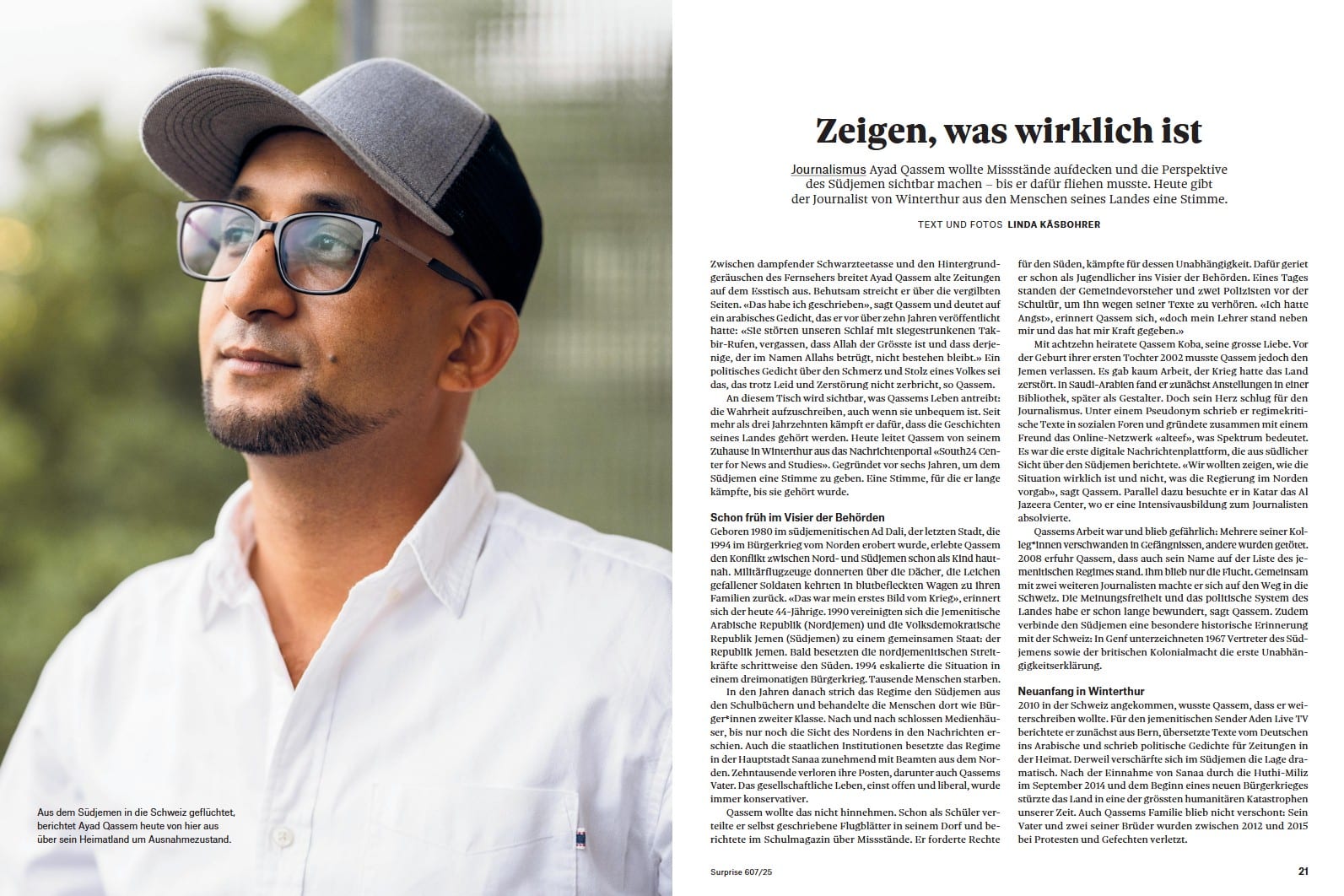
OPEC+ (TheStreet)
15-10-2022 الساعة 9 مساءً بتوقيت عدن
Riyadh (South24)
On October 5th, Saudi and Russian-led OPEC + decided to reduce oil production by 2 million barrels per day during November and December this year.
The decision came amid a global energy crisis due to the Russian-Ukrainian war since February 2022 which suspended the Russian gas supplies to Europe. This pushed the White House to describe the decision by saying “It’s clear that OPEC + is aligning with Russia with today’s announcement.”
A day after the decision which is the biggest reduction of oil output since the spread of Covid-19 pandemic in late 2019, the US Department of State said that Washington reviews "a number of response options" related with its relationships with Riyadh after the aforementioned decision.
In a press conference, US Foreign Minister Antony Blinken said: "As for the relationship (with Riyadh) going forward, we're reviewing a number of response options. We're consulting closely with Congress".
He added: "Washington would not do anything that infringes upon its interests That’s, first and foremost, what will guide us, and we will keep all of those interests in mind and consult closely with all the relevant stakeholders as we decide on any steps going forward".
In press statements, US president, Joe Biden, described the OPEC + decision to reduce oil production as being "disappointing".
The Democratic President said that he will see if meet his Russian Counterpart Vladimir Putin during the G20 Summit. He also stressed that the aim of his latest visit to Saudi Arabia and the latest Jeddah Summit was not to discuss the oil price issue.
On October 11th, White House Spokesperson said that President Biden wants to "re-evaluate" Washington's relationships with Riyadh.
He told "CNN" that: "Joe Biden is willing to work with Congress to think through what the US-Saudi Arabia relationship “ought to look like going forward”
The Whitehouse's statement came in conjunction with statements made by John Kirby, National Security Council Coordinator for Strategic Communications at the White House in which he said: “re-evaluating the relationships with Saudi Arabia in light of the OPEC +'s decision" can't be delayed.
On Thursday, a statement by Saudi Foreign Ministry rejected describing the OPEC + decision as “taking sides in international conflicts or politically motived against the United States of America".
It added: "Saudi Arabia rejects any dictates or efforts to distort its noble objectives to protect the global economy".
The ministry added that "these statements are not based on facts, and are based on portraying the OPEC+ decision out of its purely economic context."
It said that the decision" was adopted through consensus among member states (of OPEC +)".
The GCC said in a statement that it rejects the statements against Saudi Arabia after the OPEC + Decision. It hailed the “important and pivotal role that the Kingdom plays regionally and internationally".
In response to the Saudi statement, John Kirby said: "The Saudi foreign ministry can try to spin or deflect, but the facts are simple".
He added: "World mobilizes itself to stand behind Ukraine in the face of the Russian invasion. The US had played a pivotal role in this alliance and called the Saudi leader to get involved in it".
The American officials claimed that "Other OPEC + nations communicated to us privately that they also disagreed with the Saudi decision, but felt coerced to support Saudi’s direction".
Meanwhile, American Democrat MPs called for reducing the US arm sales to Saudi Arabia with amid growing concern that reducing oil production could increase the fuel price before the upcoming US Mid-term election on November 8th.
In response to these demand, Adel Al-Jubeir, Saudi Arabia’s Minister of State for Foreign Affairs said: "I think that these emotional are part of the US Mid-term election. Saudi Arabia does not politicize oil or oil decisions".
In an interview with Fox News, he added: "Oil is not a weapon, it’s not a fighter tank, you can’t shoot it or do anything with it. We look at oil as a commodity and we look at all this is important to the global economy in which we have a huge stake.”
He continued saying: "The idea that Saudi Arabia would do that would do this to harm the US or to be in any way politically involved is absolutely not correct at all".
Will the Relationships Deteriorate?
The US and Saudi Arabia have rooted historical strategic ties which goes back to 1933. This was the beginning of economic cooperation between the two countries when Arabian-American Oil Company drilled the first oil well east of the Kingdom.
In 1954, the establishment of these relationships were completed when the founding King Abdulaziz bin Abdul Rahman Al Saud met with US President Franklin Roosevelt on board the warship (Quincy) before the end of the Second World War.
Over decades and successive events, this relationship has proven its strength and solidarity despite sustaining hard tests sometimes.
Although the cold mutual relationships in some phases, especially in the era of some Democratic Presidents who criticized human rights conditions inside Saudi Arabia, both countries has repeatedly sought to confirm their strong relationships by holding meetings and summits, the latest of which "The Jeddah Summit for Security and Development" in July this year.
Saudi Foreign Minister Faisal Bin Farhan stressed on the strong US-Saudi relationships even amid political, military and economic tension experienced by world.
Saudi News Agency (SPA) said that Ukrainian President Zelensky thanked bin Salman for his country's support during a phone call.
On Wednesday, he said: "The US is the top Saudi partner and the relationship with are strategic and old". He added: "The military cooperation between Riyadh and Washington is in the interest of both countries and contributes in the region's stability".
However, it seems that with the current global circumstances and the consequences of the Ukrainian war which leaves the world on the verge of a comprehensive war as well as the international alignment against/pro Russia and the West, the relationships between Riyadh and Washington face their most dangerous test today.
Although the international positions are governed by the mutual interests, it may be hard to maintain the neutral area adopted by some states. This areas has been gradually shrunk with the growing escalation and the Russian-Ukrainian crisis.
As part of its policy that has been flexible and pragmatic since the rise of Crown Prince Mohammed Bin Salman, Saudi Arabia announced the allocation of an additional $400 million in humanitarian aid to Ukraine.
On October 11th, UAE President Sheikh Mohammed bin Zayed paid a visit to Russia, during which he met with President Vladimir Putin in St. Petersburg. Bin Zayed said that Abu Dhabi seeks to enhance cooperation with Russia.
Putin said that the Russian moves "aim to stabilize energy markets and achieve a balance between supply and demand".
In the foreseeable future, it seems that the ties between Washington and Riyadh are much bigger than what can destabilize the comprehensive relationships between the two states on all levels. Although these relationships has been repeatedly subjected to similar shocks, it is unlikely that the reactions will go too far, especially that the OPEC + decision was not a pure Saudi one.
South24 Center

قبل 3 أشهر

قبل 3 أشهر